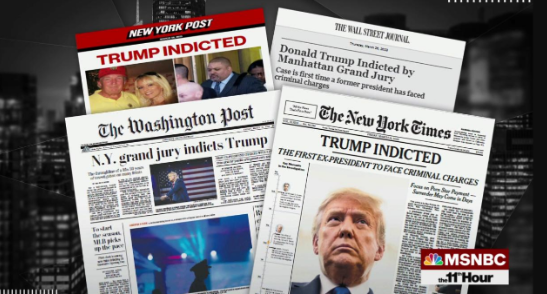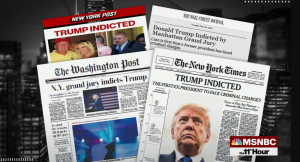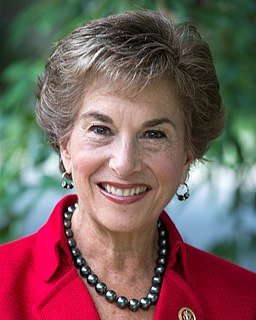Trump becomes first former U.S. president to be criminally indicted

Photo attributed to MSNBC News
Trump was formally indicted on April 4 as the first former US president to face criminal charges.
On April 4, Donald Trump became the first former US president in history to be indicted with criminal charges after falsifying business records and orchestrating payments to two women before the 2016 presidential election to suppress publication of their sexual encounters with him.
During the historic arraignment, Trump pleaded not guilty to all 34 felony counts held against him. The plea sparked polarizing responses from the American public, with some supporting the enactment of equal justice and others criticizing the move as an attempt by liberals to defame Trump’s chances of winning the 2024 presidential election, with Trump himself labeling the arraignment as “political persecution and election interference at the highest level.”
“The U.S. Constitution established the laws of our Democratic Republic,” Special Education paraprofessional Linda Elarde said. “No one is above the law, including former presidents and high-ranking government officials. The legal process must apply to every citizen equally as determined by our judicial system.”
In the meantime, prosecutors have pledged to negotiate the logistics of a “protective order” with Trump’s defense team, which would limit how the attorneys can use the documents they will be given from the grand jury proceedings during the discovery process. The underlying goal will serve to prohibit the former president from violating court privacy laws by posting any discovery materials on social media, only allowing him to share sensitive materials with his lawyers.
“The entirety of the prosecution’s case file will soon have to be turned over to the defense,” Manhattan Assistant District Attorney Marc Agnifilo said. “Prosecutors don’t want it made public because they’re focused on the proceedings and know Trump will try this in the court of public opinion way before any trial in a court. That’s where the integrity of the proceedings can get really dicey — and that’s what they’re trying to accomplish with a protective order.”
Although Trump officially stands as the first former president to face criminal charges, the crimes held against him bear an uncanny resemblance to prior scandals that have defamed the federal government throughout the course of American history, such as President Nixon and the Watergate scandal, and the Clinton-Lewinsky affair. While some have exclaimed surprise at the fact that none of these offenses have constituted criminal charges, others acknowledge the failure to hold powerful political figures accountable for their actions, especially the President.
In a poll conducted by North Star News to students and faculty/staff members, 53% of respondents declared they were not surprised that no prior U.S. president had been indicted.
“Previous presidents have never fully been held accountable by the court, even when the public itself acknowledges those mistakes,” junior Janat Rana said. “[They] have had lots of power in stopping them from being criminally convicted, and got themselves out of the situation.”
Hours after he was arraigned on criminal charges, Trump gave a public address to supporters from his Florida Mar-a-Lago residence, claiming the “fake case” was brought “only to interfere with the 2024 presidential election” and said that “it should be dropped immediately.”
However, at the moment, it is not yet known if the case will eventually be taken to trial but according to legal experts, the case’s next scheduled court date is still months away. An Aug. 8 deadline has been established for Trump’s lawyers to file motions in the case, while prosecutors will be given until Sep. 19 to respond before making their final ruling on the motions at the Dec. 4 case hearing.

Aiden is a senior who serves as the Editor-in-Chief and News Editor of North Star News. Since first joining the staff during his freshman year, he has...







